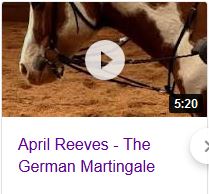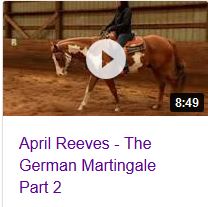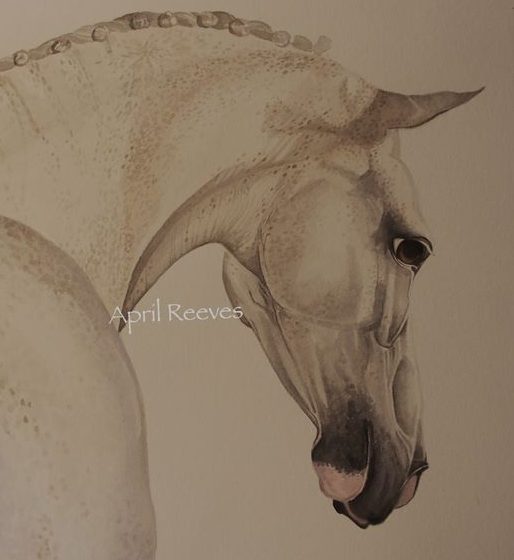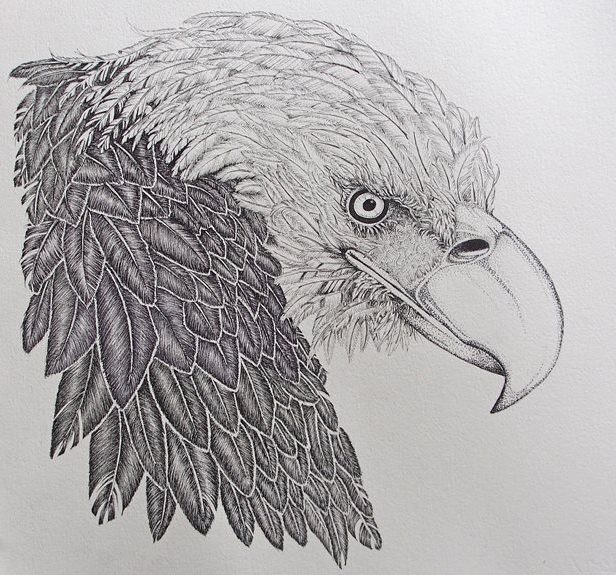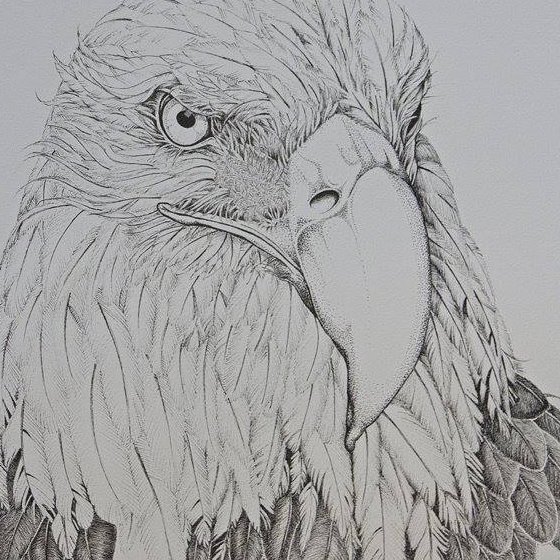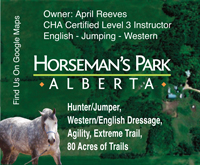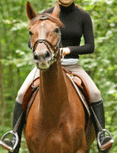 Question: I have a Quarab mare and one main bad habit she has, is that she is herd bound. The people we got her from kept her out in the pasture with 6 other horses all the time and so now she doesn’t like it when I take my miniature horse away. She doesn’t usually care when I separate her from my miniature horse, but she cannot stand me taking my miniature horse away. I have been working with her on it, taking my mini horse away and walking her back and taking her farther and walking back, just so Twinkle (my horse) knows I will bring Sophie (mini horse) back.
Question: I have a Quarab mare and one main bad habit she has, is that she is herd bound. The people we got her from kept her out in the pasture with 6 other horses all the time and so now she doesn’t like it when I take my miniature horse away. She doesn’t usually care when I separate her from my miniature horse, but she cannot stand me taking my miniature horse away. I have been working with her on it, taking my mini horse away and walking her back and taking her farther and walking back, just so Twinkle (my horse) knows I will bring Sophie (mini horse) back.
We have a fence up and Twinkle is separated from Sophie but they can still talk and see each other. We had to recently put up a hot wire fence as well because Twinkle was leaning on the fence and trying to walk it, getting her legs stuck in the fence, which it is also good because she doesn’t freak out, she waits patiently for us to get her untied. I was wondering if there is any possible way I can get her to stop being herd bound? She is getting better but I still worry about the fence and her getting hurt.
I also have recently started riding her english. I want to be able to do cross-country and show jumping with her and if we work hard enough, possibly learn some dressage techniques. One bad thing, is that the previous owners galloped her a lot, so a lot of times she wants to run, run, run, or she doesn’t listen to my leg commands. If I ask her to trot, she will either burst into a gallop or trot for a second then go faster. I would like for her to be a better horse for English. She can be impatient and doesn’t listen well to “whoa” or only a “walk” or “trot” command. I will be getting a new English bit because the one I have for her does not work, she doesn’t respect it, but I would love for her to be a better well-behaved horse. I wasn’t sure if I could help get her to listen to my commands and whether or not I can train her to only trot when asked.
Is there a way I can train her myself, or is a professional trainer a better idea? We don’t have a lot of money for a professional trainer, but her and I having a great bond through english riding and my dream of jumping to happen.
Answer from April Reeves, Horseman’s U.com: I first want to address the fence issue. No fence should allow a horse to get tangled. Although your horse is quiet about it right now, it’s a matter of time when that changes, and you lose the horse from serious leg injuries. I have a saying, “that horse never died before”.
Continue reading →




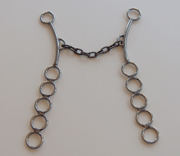
 Question:
Question: Question:
Question: Question:
Question: Question:
Question:
 Question:
Question: Question:
Question: Question:
Question:  Question:
Question: Hello Erin. Let’s start with connection. This is where you are with your horse at the moment. Connection is one of three important parts to foundation training. The first is rhythm and cadence, second is supple, and third is connection. I have a scale (or levels) I work with: a good whoa and go button, then rhythm and cadence, suppleness and connection. These are the basic foundations to any horse’s training, regardless of discipline (English or Western).
Hello Erin. Let’s start with connection. This is where you are with your horse at the moment. Connection is one of three important parts to foundation training. The first is rhythm and cadence, second is supple, and third is connection. I have a scale (or levels) I work with: a good whoa and go button, then rhythm and cadence, suppleness and connection. These are the basic foundations to any horse’s training, regardless of discipline (English or Western).
 Question:
Question:
